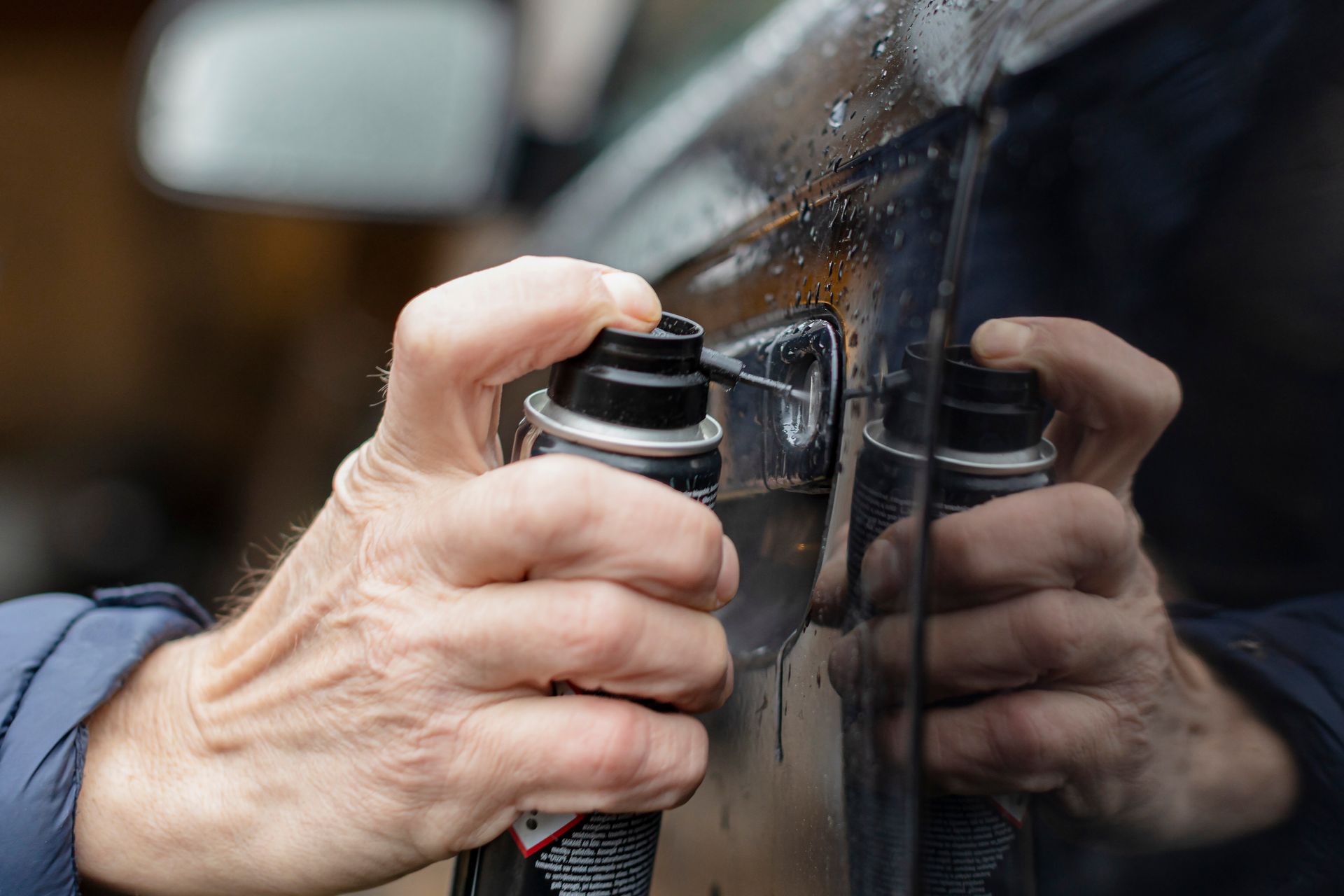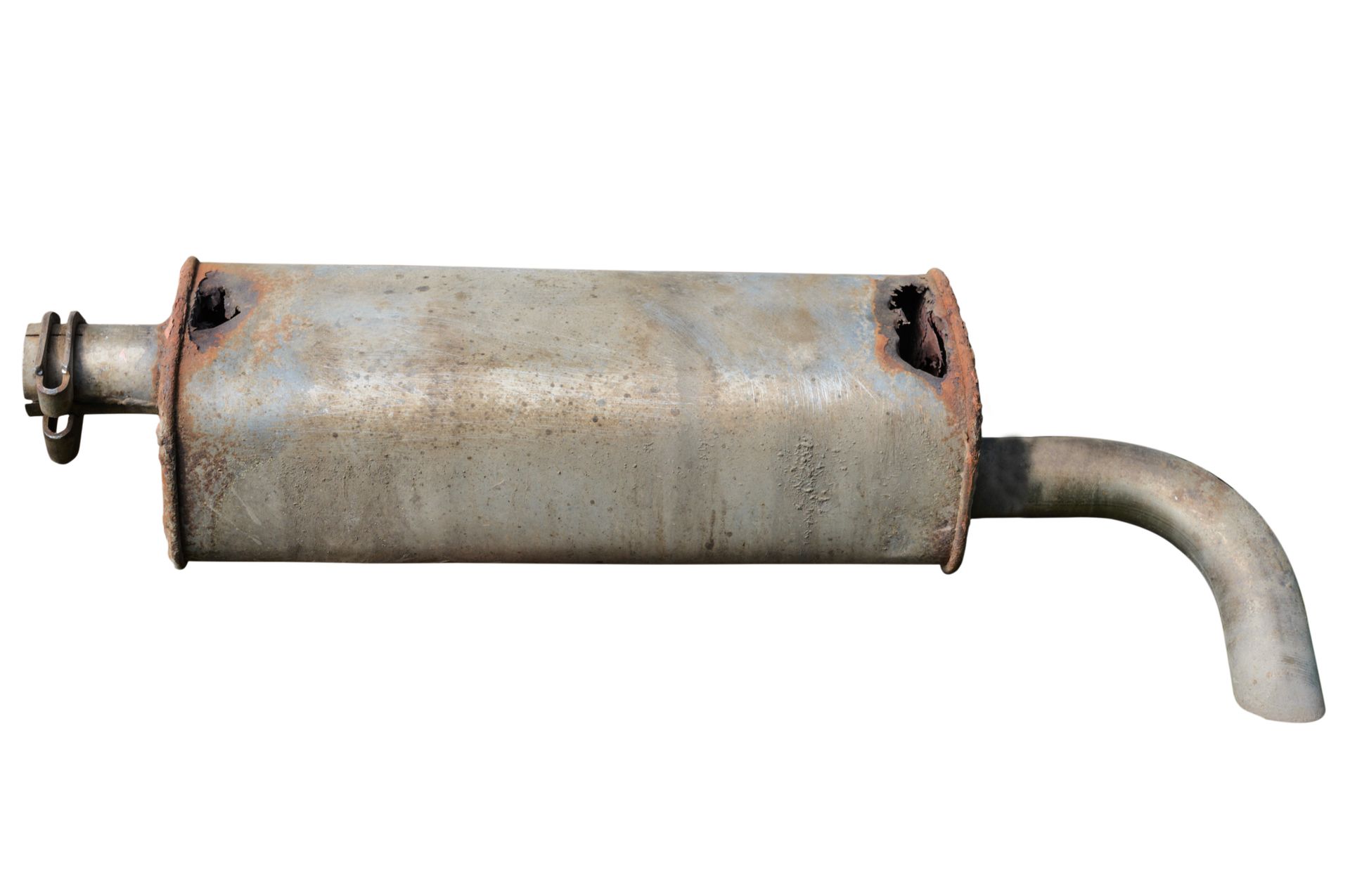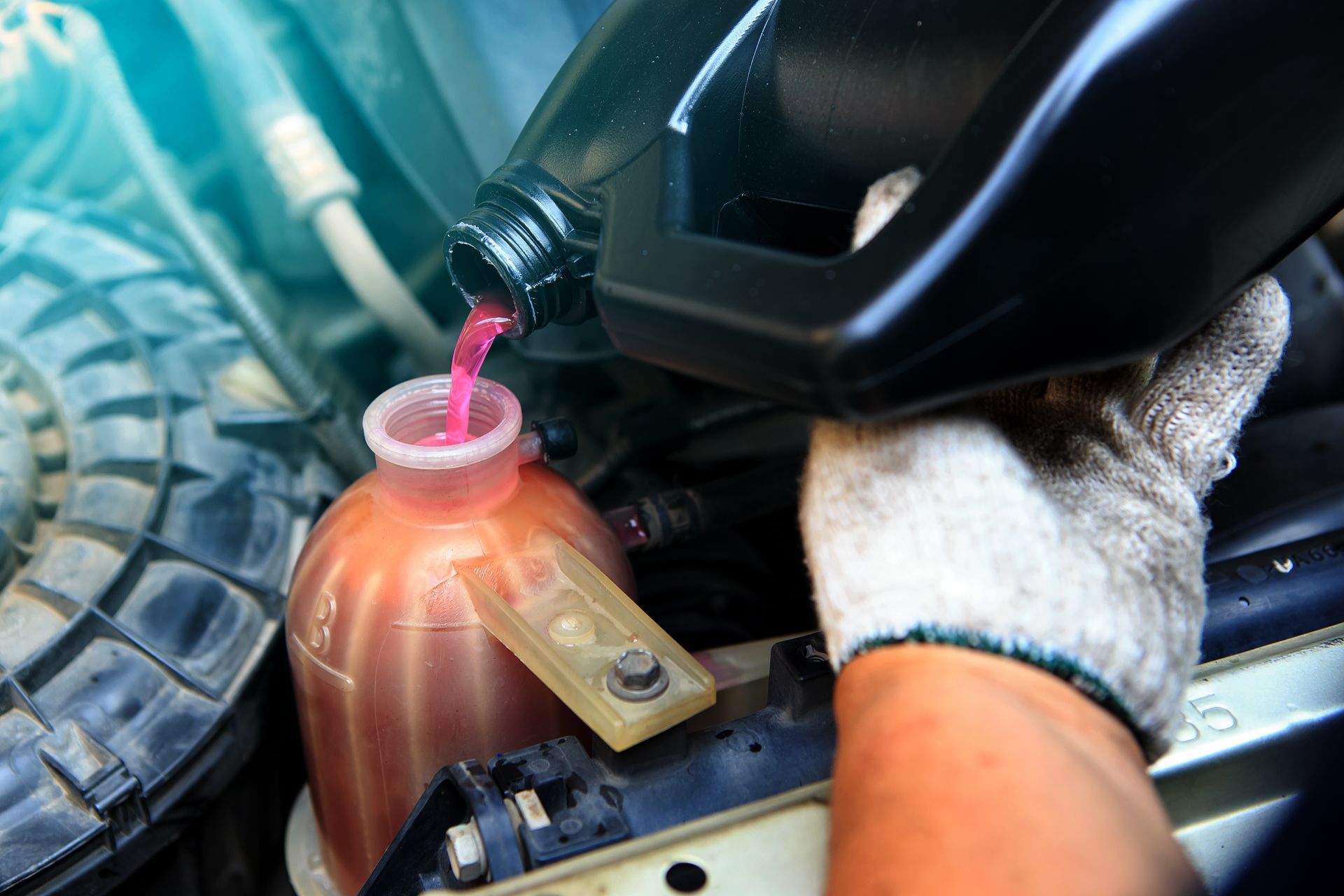
Hearing a strange noise coming from your car can be unsettling, especially when it only happens when you're turning. One of the most common sounds drivers notice is a clicking noise, which can be a clear sign that something isn’t quite right with your vehicle. Ignoring this noise could lead to more serious (and costly) repairs down the road, so it’s best to get to the bottom of it as soon as possible. But why does your car make a clicking noise while turning? Let’s explore some of the potential causes.
1. Worn CV Joints
The most common reason for a clicking sound when turning is worn CV (constant velocity) joints. CV joints are a crucial part of your car’s drive axle, transferring power from the transmission to the wheels. These joints allow for flexibility, enabling the wheels to rotate while the suspension moves up and down. Over time, CV joints can wear out, or the protective boot surrounding them can tear, leading to a loss of lubrication.
When CV joints wear down, the result is often a clicking or popping sound when the vehicle is making a turn, especially at low speeds. Left unchecked, worn CV joints can eventually fail, which can cause more extensive damage to the vehicle’s drivetrain.
2. Damaged or Worn Wheel Bearings
Another possible culprit behind a clicking noise while turning is damaged or worn wheel bearings. Wheel bearings help the wheels rotate with minimal friction, and when they begin to wear out, they can produce a variety of noises. While a growling or humming sound is more typical of worn wheel bearings, a clicking noise can also occur, particularly during turns.
A bad wheel bearing not only causes noise but can also affect your vehicle’s handling and steering, making it essential to get the issue fixed promptly. If you suspect a problem with your wheel bearings, having them checked by a professional is a good idea.
3. Loose or Damaged Tie Rod Ends
Tie rod ends are a vital part of your car’s steering system. They connect the steering rack to the wheels, allowing you to turn the vehicle. When tie rod ends become worn or loose, they can create a clicking or popping sound when you turn the steering wheel.
This issue not only causes annoying sounds but can also affect the steering responsiveness of your vehicle. If left unaddressed, it can compromise your ability to safely control the car. If you hear clicking when turning and suspect the tie rod ends, getting the problem looked at right away is important.
4. Low Power Steering Fluid
Though not as common, low power steering fluid can also cause clicking or groaning noises while turning, power steering fluid is responsible for lubricating the system and ensuring smooth movement when you turn the wheel. If the fluid levels are low or there’s a leak, you might hear strange noises when turning, including a possible clicking sound.
This problem is relatively easy to address. Simply checking your power steering fluid level and topping it off can help, but if you find yourself constantly needing to refill it, there may be a more serious leak in the system that needs professional attention.
5. Suspension Issues
Sometimes, the clicking noise could be coming from your car’s suspension system. Components like ball joints, control arms, or bushings can wear out over time, leading to noises when turning. While the sound is often more of a clunk than a click, it’s still worth considering if the more obvious causes, like CV joints and wheel bearings, are ruled out.
Worn suspension parts can affect how your car handles, especially while cornering, making it harder to maintain control. If the noise persists or worsens, having a professional inspect the suspension is crucial for your safety.
Is your car making a strange clicking noise when you turn? Don’t wait until it gets worse. Visit Torque Automotive for a professional inspection and repair. Our team will get you back on the road quickly and safely. Schedule an appointment today!











